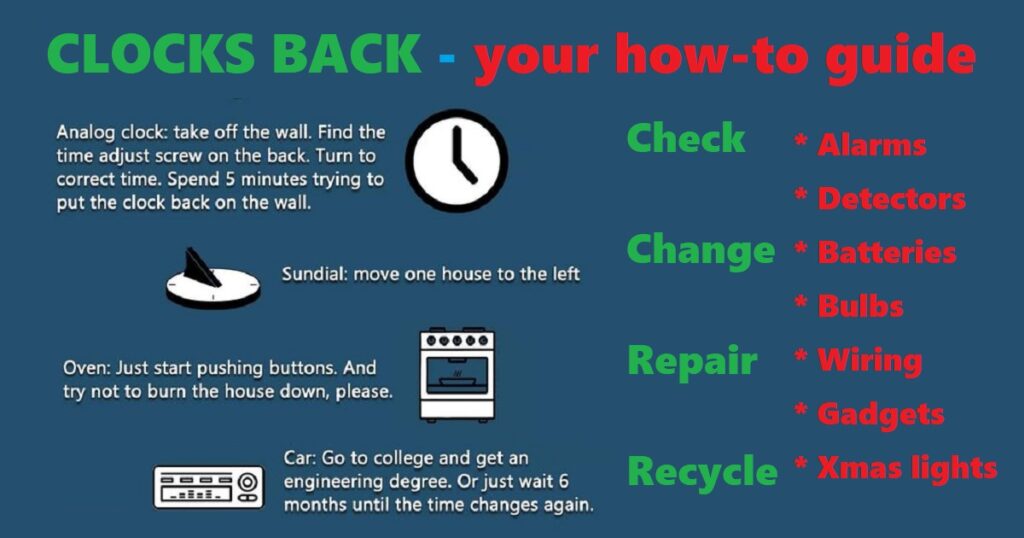A car clock losing time might seem like a minor inconvenience, but it can actually disrupt your daily routine. Imagine arriving late for an appointment or missing a crucial meeting because you relied on an inaccurate time display. Whether it’s a digital dashboard clock or an analog gauge, a malfunctioning car clock losing time can be frustrating and potentially problematic. This comprehensive guide will walk you through the common causes of this issue and provide step-by-step troubleshooting solutions to get your car clock back on track.
This article will delve into the various symptoms of a clock in car losing time, explore practical troubleshooting steps you can take at home, and outline when it’s best to seek professional assistance from a mechanic specializing in automotive electronics. By following these guidelines, you can effectively diagnose and resolve the issue, ensuring accurate timekeeping in your vehicle.
Car Clock Losing Time Symptoms
Before diving into troubleshooting, it’s essential to recognize the telltale signs of a car clock losing time. Pay attention to the following:
- Inaccurate Time Display: The most obvious symptom is that the displayed time is consistently incorrect, either fast or slow compared to an accurate reference.
- Clock Resetting Frequently: If your car clock resets itself regularly, even after you’ve manually set it, this indicates a persistent problem with its internal memory or power supply.
- Flickering Display: A flickering or intermittent display on the digital clock suggests a loose connection or faulty electrical component.
Troubleshooting Steps

Fortunately, many issues causing a car clock losing time can be addressed without professional intervention. Here’s a step-by-step troubleshooting guide to help you pinpoint and resolve the problem:
- Check the Owner’s Manual: Your car’s owner’s manual often provides specific instructions for setting and maintaining the clock, including any unique features or settings related to its operation.
- Inspect the Clock Display: Carefully examine the clock display for any visible damage, cracks, or loose connections. If you notice any abnormalities, it might be necessary to replace the entire clock unit.
Battery and Fuse Check
The car’s electrical system plays a crucial role in powering the clock.
Battery Inspection:
- Voltage Level: Use a multimeter to check the battery voltage. A low voltage reading could indicate a weak or failing battery, which may affect the clock’s operation. Ensure the battery terminals are clean and securely connected.
Fuse Check:
- Locate the Clock Fuse: Consult your owner’s manual to identify the fuse responsible for powering the car clock.
- Inspect the Fuse: Carefully remove the fuse and visually inspect it for any signs of damage, such as a broken filament or discoloration. Replace the fuse with a new one of the same amperage if necessary.
Connection Point Inspection

Loose or corroded connections can disrupt the electrical flow to the clock.
- Disconnect and Reconnect: Carefully disconnect the wiring harness connected to the clock unit. Inspect the terminals for any signs of corrosion or damage. Clean the terminals with a wire brush and dielectric grease, then reconnect them securely.
Mechanic Consultation
If you’ve exhausted all troubleshooting steps and your car clock losing time persists, it’s best to consult a qualified mechanic specializing in automotive electronics. They have the expertise and diagnostic tools to identify more complex issues, such as faulty internal components or wiring problems within the vehicle’s electrical system.
Conclusion
A malfunctioning car clock can be a minor annoyance, but addressing it promptly can prevent further complications. By following the troubleshooting steps outlined in this guide, you can often resolve the issue yourself. However, if the problem persists, seeking professional assistance from a mechanic specializing in automotive electronics is recommended to ensure accurate timekeeping and avoid potential disruptions to your daily schedule.


